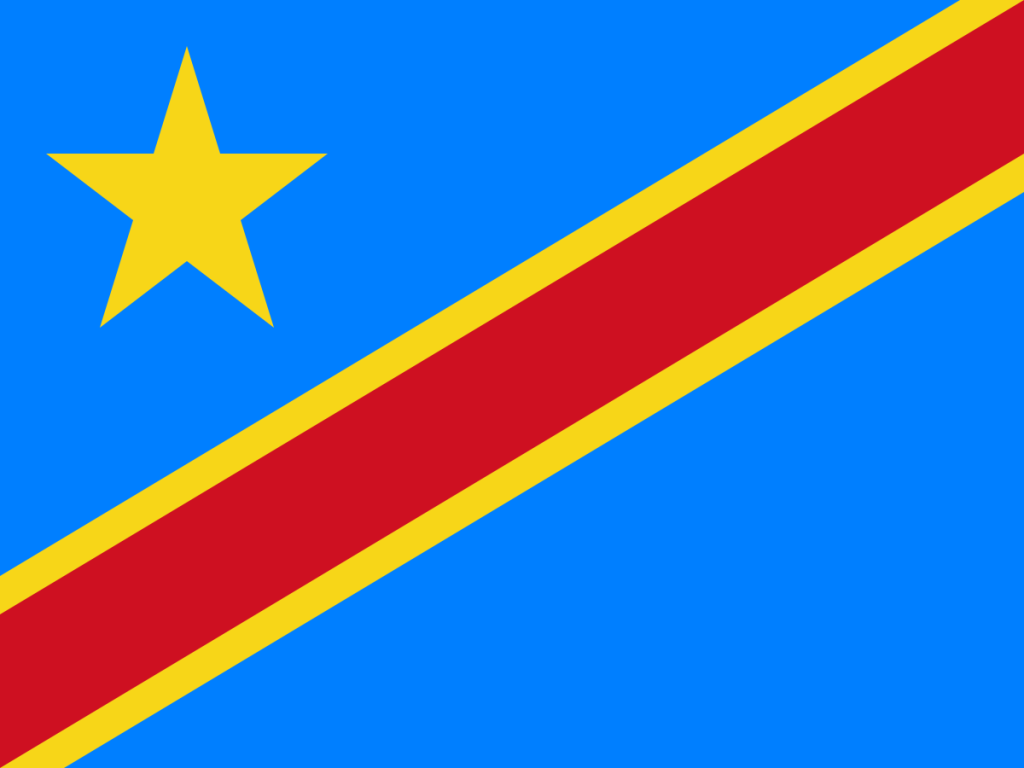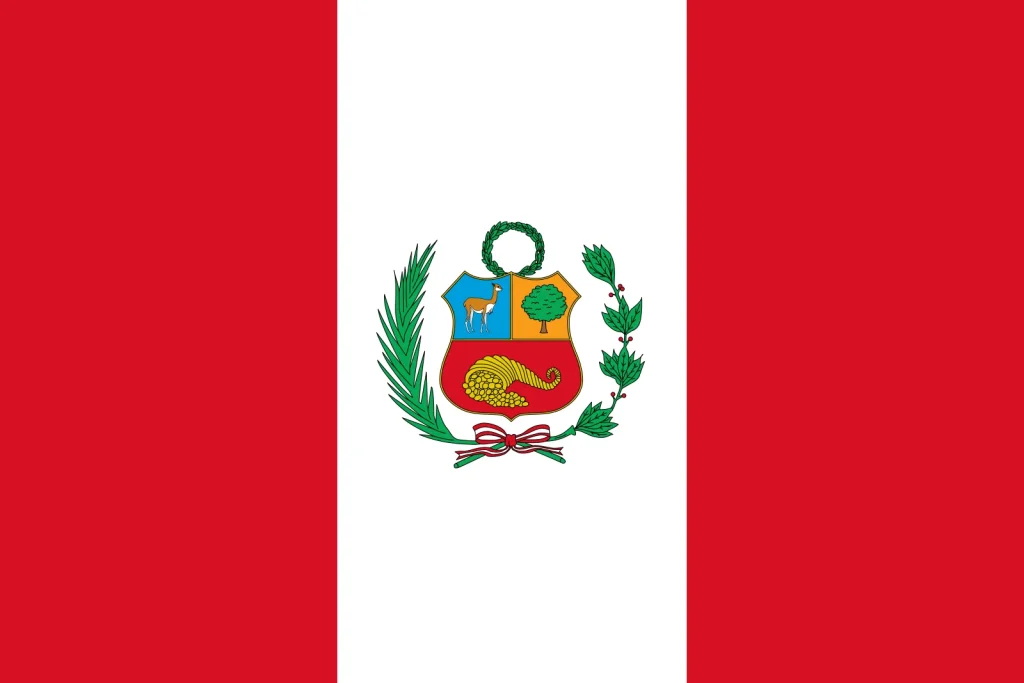Water in its freshwater form is among the most important of all the resources on our planet, especially for human consumption, irrigation, industrial uses, and sustaining aquatic life. Some countries are privileged to have more or less stable freshwater deposits in the form of lake, river, and aquifer systems. We are disscusing about Top 10 Freshwater-Rich Countries in the World.
We are disscusing about Top 10 Freshwater-Rich Countries in the World:
Brazil
After examining its water resources, it was confirmed that Brazil has the highest freshwater assets. The Amazon River Basin, which is the largest drainage area in the globe, makes a significant contribution to such richness. Media Brazil is inhabited by various rivers and large freshwater reservoirs and occupies a strategic position in the country’s water system; the largest reservoirs include Lake Itaipu and the Pantanal wetlands, a vast freshwater lake. It is crucial to begin the management today as Brazil experiences issues such as deforestation and water pollution that affect these sources.
Russia
Russia also has some of the world’s largest freshwater reserves; the two largest lakes are Lake Baikal, the deepest and oldest freshwater lake. Many rivers, such as the Volga, Lena, Yenisey, and others, meander through the country. Water bodies of this nature serve multiple purposes, supporting biodiversity and meeting the needs of agriculture, industry, and domestic requirements.
Canada
Canada is recognized globally due to the availability of freshwater bodies, including many lakes and rivers. Other crucial water bodies include the Great Lakes that touch the United States and the Mackenzie River system, which provides freshwater resources in the country. The country’s government has well-intended policies for protecting water resources, as evidenced in its environmental policies.
United States
The US also has many fresh water resources, including the Great Lakes, Mississippi River, and other rivers and aquifers. These resources are essential for human consumption, agriculture, and most industrial processes. This involves managing water resources as natural resources to ensure that their consumption is sustainable, especially in areas like the Southwest, where water is already a known issue.
China
China also has relatively large quantities of freshwater in its major river systems, including the Yangtze and the Yellow and Pearl Rivers. These rivers are indispensable for water consumption, water supply for irrigation needs, and accommodating many inhabitants in the country. Nevertheless, freshwater availability within China is being threatened by pollution, and it is also scarce and unevenly distributed in parts of the country.
India
India’s freshwater resources mostly flow in river systems, and the major rivers include world-famous rivers such as the Ganges, Brahmaputra, and Yamuna. Water is used in irrigation and domestic water supply and has important cultural significance. India has persistent issues concerning water and its mismanagement, including pollution, over-extraction, and, recently, the effects of climate change.
Indonesia
Indonesia, a country of over a thousand islands, possesses adequate fresh water due to its many rivers and lakes. Significant and vital waterways like the Kapuas and Mahakam rivers involve transportation, agriculture production, and species support. The preservation and provision of water supply involve several aspects, like pollution and deforestation, that require increased control for sustainable water management.
Colombia
Considering the many rivers and lakes across the Amazon, Orinoco, and others, this country will most likely have more than enough freshwater. Some of the essential rivers include Magdalena and Caquetá. These are important in facilitating transportation, farming, and nurturing various life forms. Thus, conservation through protecting the environment and flora and fauna in Columbia is crucial.
Democratic Republic of the Congo

The DRC has a substantial reserve of fresh water. Many sources of fresh water are found in the Democratic Republic of Congo, including the Congo River, the second-largest river by discharge volume in the world. The country has extensive water bodies in the form of rivers and lakes, which offer great opportunities for fauna and flora and are a source of livelihood for people in the area. This paper aimed to explore various dimensions of managerial sustainability to respond to such problems as deforestation and pollution.
Peru

Peru, therefore, derives most of its freshwater resources from the country’s dominant River systems, such as the Amazon River, Ucayali River, and Marañon River. These rivers support its bio-diversity, agriculture, and primarily the hydropower producer. Some of the issues that affect Peru are water-related issues such as pollution and climate change effects on other water sources; glaciers, which are other sources of water in Peru. ?
FAQs
Which countries have the most significant amount of water, specifically freshwater?
The countries with the most significant volumes of freshwater are Brazil, Russia, Canada, the USA, China, India, Indonesia, Colombia, the Democratic Republic of Congo, and Peru.
How is Brazil considered to be the richest in freshwater sources?
Brazil can be deemed the richest in freshwater supply, associated with the Amazon River Basin, considered the largest one in the world. It also has quite a dense network of rivers and big freshwater lakes, such as Lake Itaipu and the Pantanal wetlands.
That is how it is with other objects, but what makes a Big Baikal Lake in Russia so special?
One of the essential lakes to consider is Lake Baikal in Russia. It is the deepest and oldest freshwater lake in the world. It holds approximately 20% of the global unfrozen water storage, and its biome sets it apart.
How do the Great Lakes affect the freshwater reserves of the United States?
The following are beneficial functions of the Great Lakes to people in the United States: The Great Lakes offers people water for drinking, horticulture, and industrial uses. They are similar to the Canadian ones and are classified as some of the most incredible freshwater lakes on the planet.
What problems does China have with its Freshwater Resources?
Some of the problems affecting water resources in this country include pollution, overexploitation, and, eventually, the distribution of water resources all over the country. Worse still, these woes are occasioned by a large population and an increased rate of industrialization.
Why is sustainable water management important specifically for India?
Sustainably managing people’s water needs is essential to India because the country relies on its major rivers for irrigation, human consumption, and religious and cultural purposes. India also suffers from various related problems, including pollution, over-extraction, and adverse impacts of climate change.
How does Indonesia approach the issue of its freshwater resources?
With numerous rivers and lakes scattered within thousands of islands, Indonesia has various measures and programs that maintain freshwater resources by minimizing polluted water and deforestation and more support for using and conserving water.
Where does Magdalena stand with the rest of the Colombian rivers, and what part does it play in the overall flow of the country’s water?
River systems like the Magdalena in Colombia, the Euphrates in Iraq, and the Congo in Africa are essential for transport, irrigating crops, and sustaining various habitats. They also provide necessary needs for local families, individuals and groups, organizations, and the general public.
What significant points need to be outlined as critical issues in the freshwater situation in the DRC?
Deforestation and water pollution are other challenges in the DRC that are likely to affect the enormous amounts of freshwater found in the country, chiefly from the Congo River Basin.
Why can freshwater be considered crucial to Peru’s development?
Freshwater in Peru is vital for supporting the biodiversity of Peru’s water systems, agriculture, and hydroelectric power. The rivers of Peru, especially the Amazon, are crucial for sustainable development and the continuity of the country’s natural environment.
Conclusion
Water that is not saltwater is critical to ecosystems’ survival, economies, and functions worldwide. The countries highlighted above have ample freshwater resources available to them, but they have found themselves in a fix over the proper utilization and management of the water resources. Keywords that come out of the analysis include: To promote sustainable utilization of these countries’ freshwater wealth to benefit several generations, sound water management policies, measures to enhance the protection of the environment, and raising public awareness are essential.



















